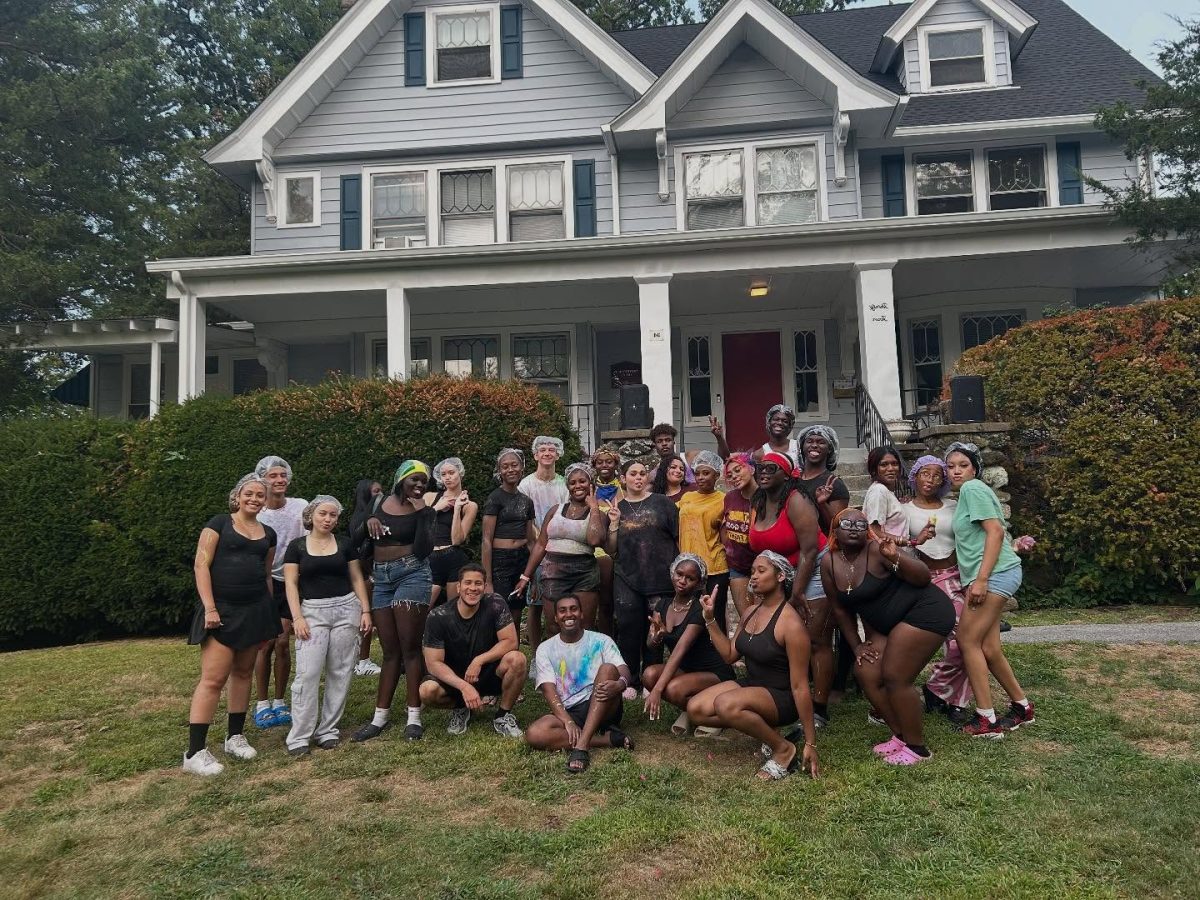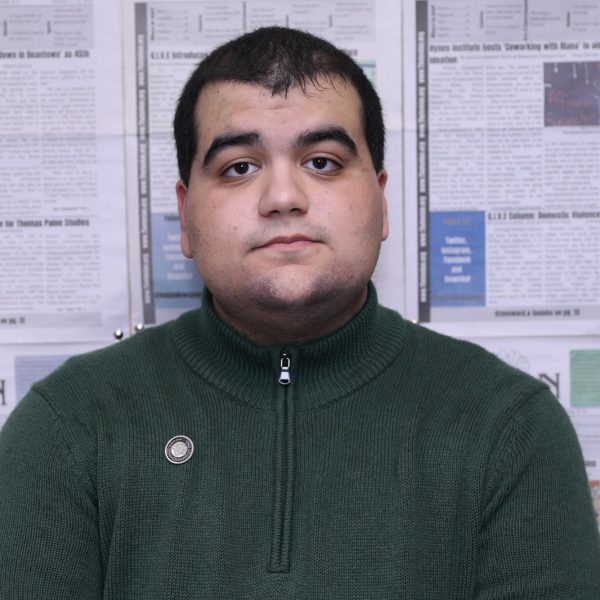During the weekend of Oct. 26, the Iona University Mock Trial Team competed in the University of Pennsylvania Quaker Classic. Facing off against teams from schools such as Columbia University and Rutgers University, the Iona Mock Trial Team started their competition season with an impressive showing thanks to their extensive preparation.
Every year, mock trial teams across the nation receive a new case from the American Mock Trial Association (A.M.T.A.). To celebrate the 40th anniversary of A.M.T.A., this year’s case exclusively used witnesses from previous cases in a setting that evoked Agathe Christie’s classic detective fiction novel, “Murder on the Orient Express” – with a twist. Instead of an expected criminal trial for murder, the case is a civil suit.
The premise of “Murder on the Orient Express” is deceptively simple – a wealthy man is murdered on a train. The complexity lies in the fact that every passenger on the train had a possible motive for killing the wealthy man. This year’s A.M.T.A. case uses a similar premise but makes it even easier to blame multiple passengers due to the burden of proof.
In a criminal trial, the burden of proof is what’s known as beyond a reasonable doubt, meaning beyond a doubt founded in some reasonable possibility. Think of this as around 98% certainty, though not exactly. It’s a high demand placed on the prosecution. In a civil case, the burden is a preponderance of the evidence, or more likely than not. Think of this as around 51% certainty – much lower than beyond a reasonable doubt.
Now, imagine navigating the blame game that ensues from a civil case – where the burden of proof is essentially more likely than not – based on “Murder on the Orient Express”. For two months, the Iona Mock Trial Team analyzed this over 60-page case by studying multiple witness affidavits, reviewing dozens of exhibits, and hosting a scrimmage with a real judge to prepare for their competition at UPenn.
UPenn’s Quaker Classic – as with many mock trial tournaments – consisted of four, three-hour long rounds spread across two days. The Iona Mock Trial Team argued their case as the defense for two rounds, and then argued their case as the plaintiff – the civil case version of the prosecution – for two rounds. With a mix of newbies, members with one year of mock trial experience and captains with two to three years of mock trial experience, the Iona Mock Trial Team posted a solid showing against some of the biggest universities in the nation.
When the tournament ended, the team then reviewed personal feedback from the judges and are striving to implement improvements based on performance in the Quaker Classic. The team’s next competition is an invitational at Rutgers University from Nov. 9-10.





